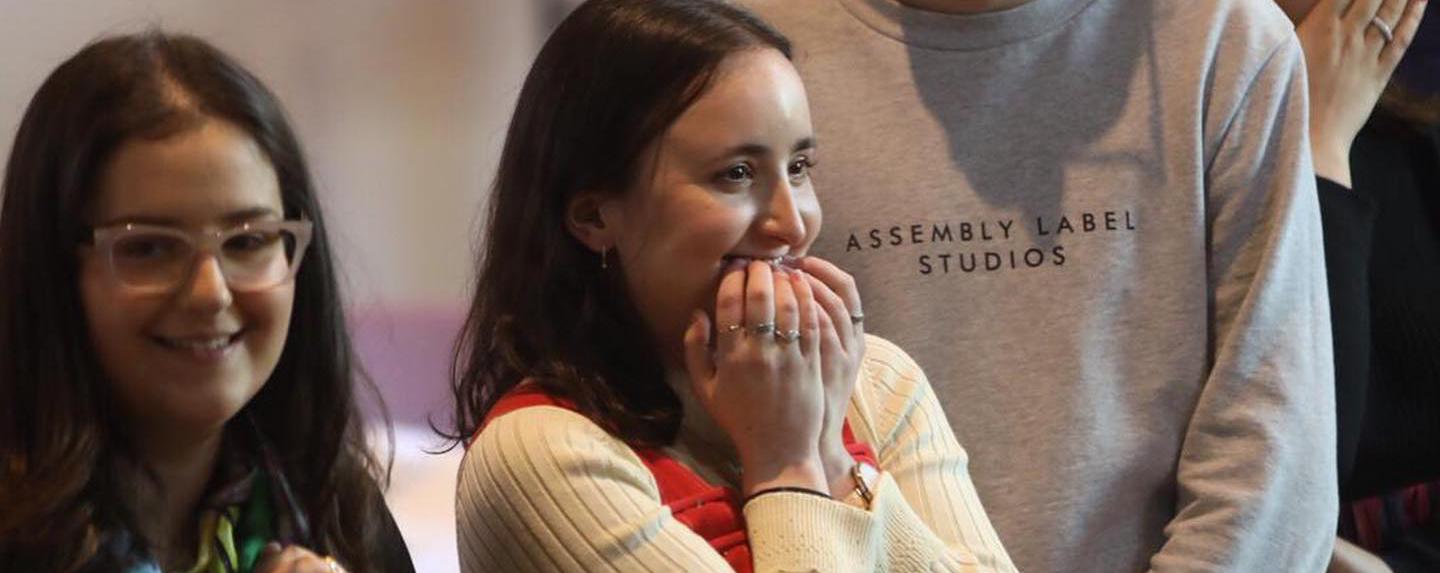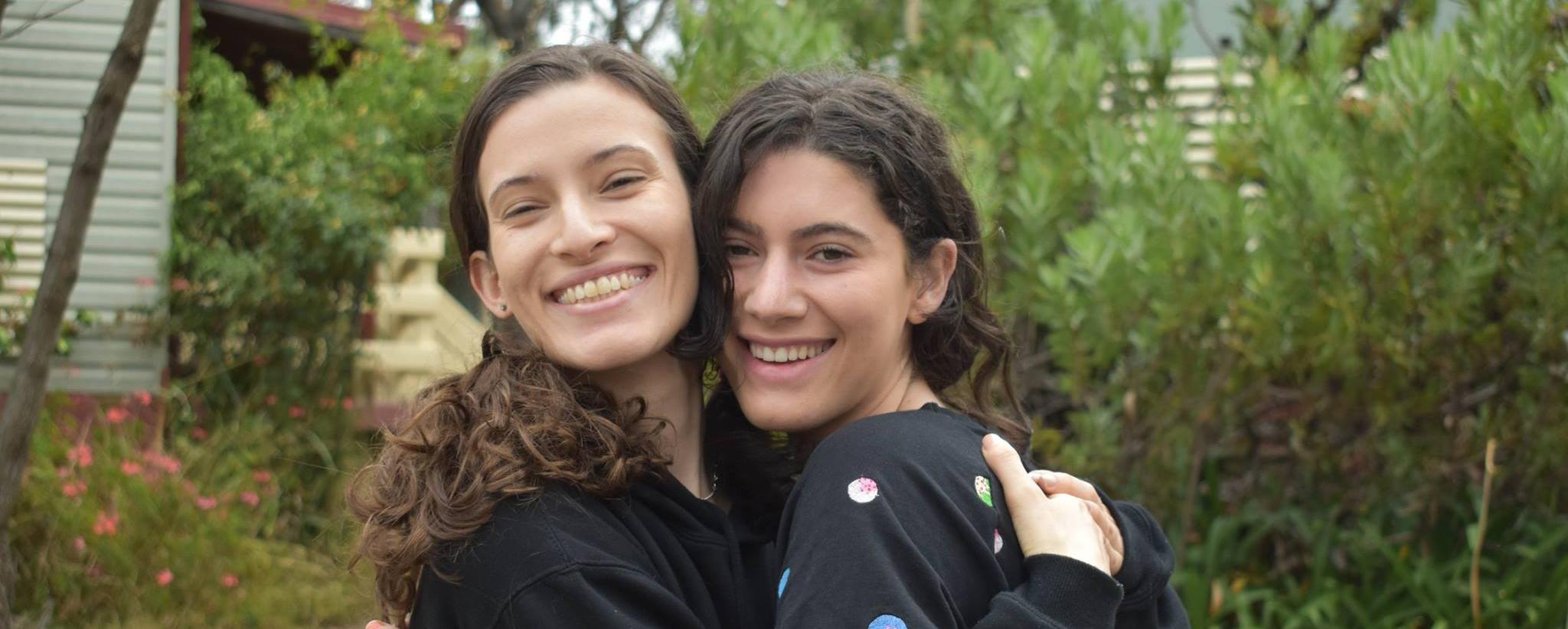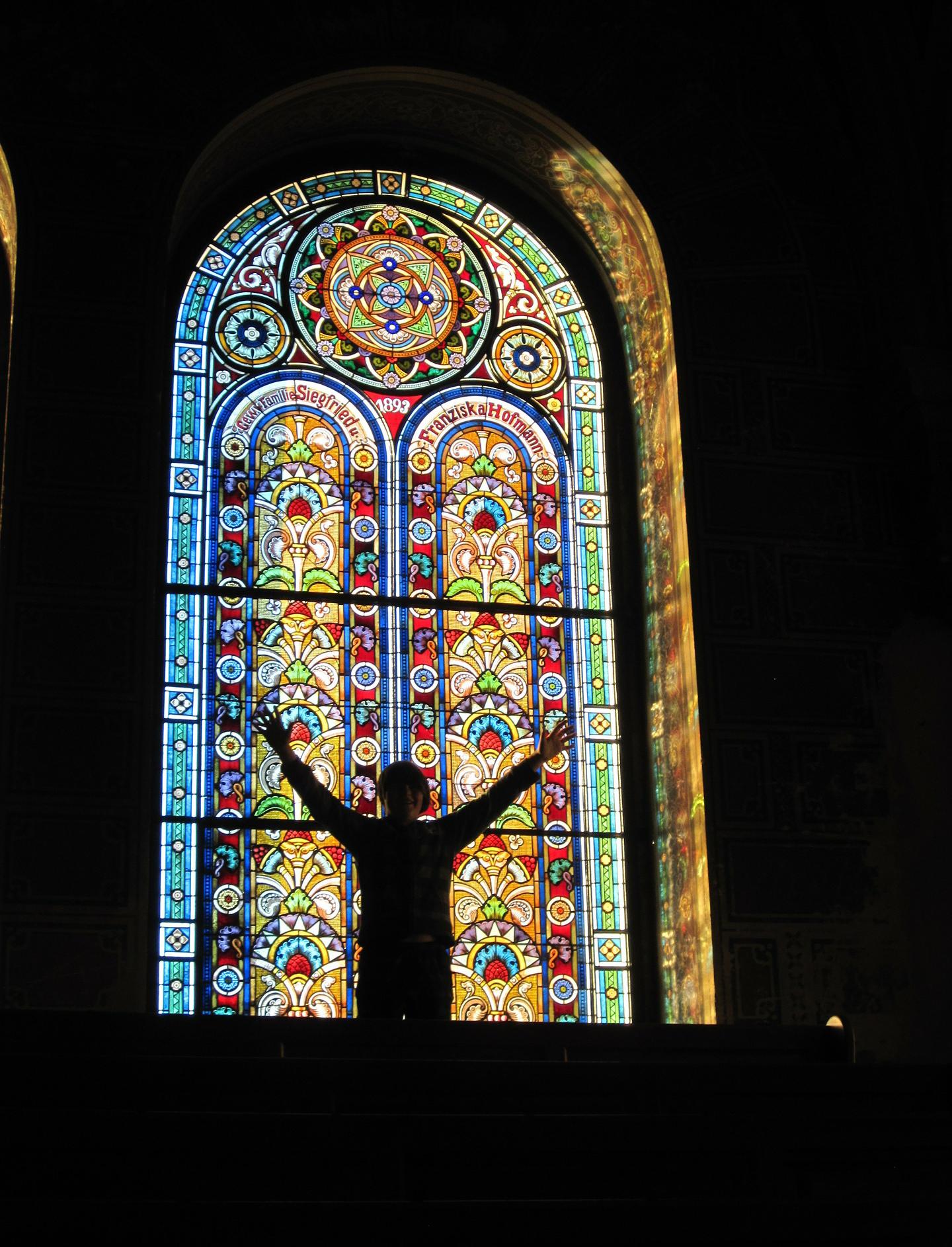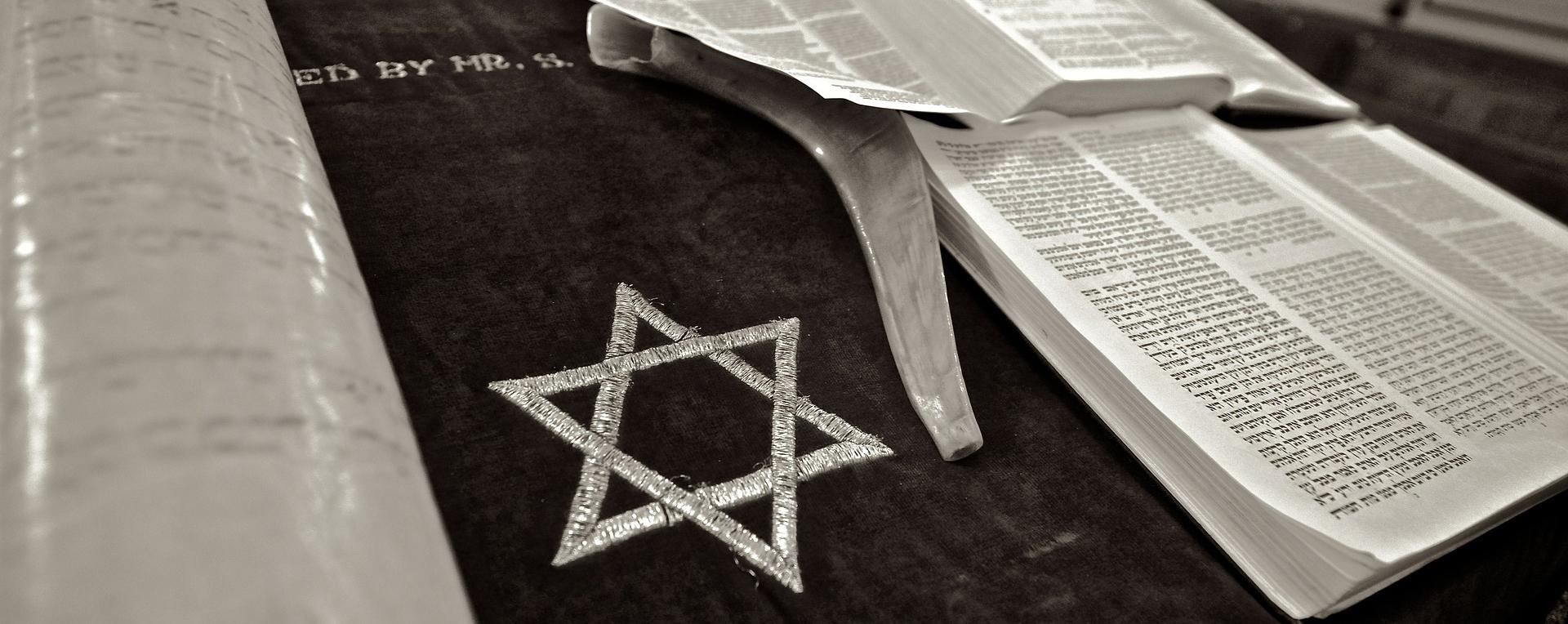
4 minute read
The Perfect Pass
David Isaac Brockwell
It is no secret that developing a Jewish identity in a thoroughly non-Jewish society has always been a tenuous practice.
Advertisement
Far from intuitively achieving a harmonious accord between the practices and customs of Jewish and non-Jewish society alike, it is a constant balancing act to reconcile one’s Jewish identity with the realities of living in a modern world. This struggle - much like chronic nasal respiratory problems and disdain for shit quality hummus - is endemic to the Jewish experience generally, but has become a striking characteristic of the Jewish diaspora as cultural identity has unseated religiosity as the main component of Jewish self-expression.
Those who do not diminish their Jewish identity entirely, as Theodor Herzl once advocated prior to abandoning his staunch assimilationist policy in favour of seeking a rebirth of the Jewish national identity, tend to arrive at an imperfect balance; a Jewishness on terms which are often contradictory.
The process of negotiating one’s Jewish identity with the outside world is only made more difficult by having to explain it to people who may not fully grasp what a Jew is in the first place. Our ability to pass in broader Western society as “spicy whites”, as one comedian described it, means that the perception of Jews as deeply dogmatic fur-clad foreigners á la Fiddler on the Roof contradicts the contemporary reality of Jewish young people in the West.
Without much effort, it is possible to ‘pass’ rather easily as something other than Jewish. At its most basic, passing is simply incorporating characteristics of broader society in lieu of distinctly Jewish ones. “Meshuggenah” becomes insanity, Shabbat becomes ‘a Friday night family meal’, and the racially ambiguous appearance that many Jews have can easily transform into a chameleon background of ‘Eastern European’ or ‘Middle Eastern’ heritage without going into specifics.
That said, passing can also imply a deliberate rejection of the Jewish self. Some Jews I have met define themselves as having “Jewish heritage” while insisting it plays no role in their own individual identity, ignoring the tireless work of Jews gone by for the very right to assert our lineage in public without discrimination. Others see their Jewish identity as merely a quirk in their background, a crumb of trivia to bring up occasionally while maintaining no façade of Jewish identity generally. Others still may personally value their Jewish identity, but eschew it in public because they are loath to incite controversy outside of circles sympathetic to the Jewish experience (read: around people who still think Jews are part of an insidious global cabal to undermine humanity). This is the most tragic passing of them all: a flag of convenience that we wear out of fear rather than pride.
Non-Jews have often reacted with surprise when I tell them that I am Jewish. To be fair, their surprise is not baseless: I have a fairly WASPish name, I tend not to wear a kippah or tzitzit in public, my command of Hebrew is middling at best, and I don’t pepper my vocabulary with Yiddish shtick in every sentence. “What kind of Jewish name”, said one curious observer at a party I went to recently, “doesn’t have Gold, Berg or Witz in it somewhere?”
This discrepancy in public image makes it difficult to fully embrace one’s Jewish identity. When I was younger, I would typically refrain from explaining my Jewishness in depth; not out of fear of persecution but out of sheer laziness. It seemed all too difficult to adequately characterise my Jewish identity to myself, let alone to people who never set foot in a synagogue themselves. Trying to explain what a Jew is to someone who didn’t already understand it was an awkward and embarrassing process, as I stumbled around the parameters of my Jewishness like Frankenstein’s monster trying to feign humanity. Unless I was specifically grilled on the matter, I would simply pass as a white kid from the East, and speak very little of my Jewish identity at all.
Perhaps us Jews may one day achieve the Perfect Pass. It would be an infusion of sincere Jewish self-expression aired comfortably within our society’s broader cultural identity without disintegrating into kitsch. Jewish symbols could be displayed freely without Nazi symbols being smeared over nearby surfaces. Tasteful self-deprecation and insightful observations about Jewish cuisine would surely play a part in the Perfect Pass, as would the feeling that we could simultaneously express admiration for the State of Israel and our host nation without accusations of dual loyalty. With the Perfect Pass, we would shrug off our outsider status without condemning our heritage to oblivion.
For all its flaws, though, the humble imperfect pass remains a useful tool for Jewish perseverance. The ability to shed a layer of your identity can make a potentially uncomfortable situation all the more bearable. Yet as a new storm of hatred seems to gather with us in its eye, it is crucial that we as Jews don’t cast our real identities away, just as history has led us out of hiding for the right to remain Jewish.










